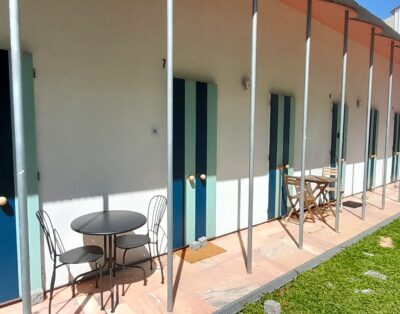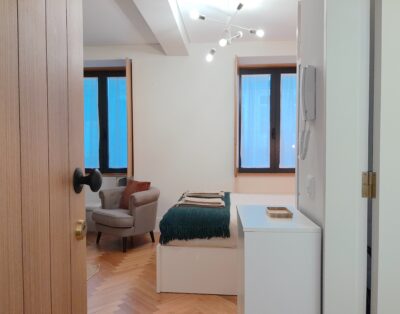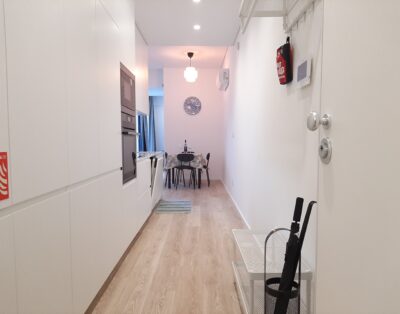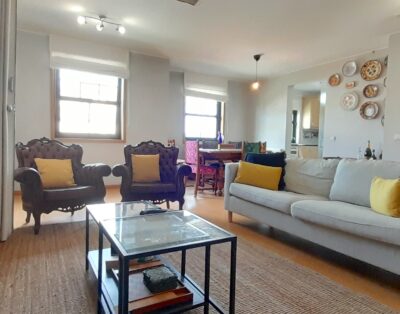MH3 Revitalizing Housing Cooperatives in Portugal’s New Legislation

Portugal’s Approach to Housing Cooperatives
The recent Housing Decree-Law in Portugal introduces measures specifically aimed at revitalizing and supporting housing cooperatives. This legislative effort acknowledges the potential of cooperatives to contribute significantly to the affordable housing sector. This post examines the law’s provisions related to housing cooperatives, outlining their intended role and the support mechanisms established to facilitate their development.
Legislative Support for Housing Cooperatives
Housing cooperatives, under the new law, are recognized for their ability to offer alternative housing solutions that are both affordable and community-centric. The legislation outlines several key areas of support:
- Access to Financing: Housing cooperatives are provided access to specialized financing options to support the development and management of affordable housing projects. This includes loans with favorable terms and conditions tailored to the cooperative model.
- Public Land Concessions: Cooperatives are eligible to benefit from concessions of public lands and buildings, intended to lower the costs associated with new housing developments. This measure aims to facilitate the construction and rehabilitation of cooperative housing projects in strategic locations.
- Streamlined Regulatory Process: The law proposes a streamlined regulatory process for housing cooperatives, simplifying the approval and implementation of housing projects. This includes reduced bureaucratic requirements and expedited processes for project approval.
- Pilot Projects and Innovation: The legislation encourages the initiation of pilot projects by housing cooperatives, promoting innovative approaches to housing design, construction, and management. These projects are intended to serve as models for scalable and sustainable housing solutions.
Role and Impact of Housing Cooperatives
Housing cooperatives are expected to play a pivotal role in addressing the housing needs of various demographics, including low-to-middle-income families, the elderly, and students. By fostering a model based on shared ownership and community living, cooperatives can offer a viable alternative to traditional housing options. The cooperative model also emphasizes sustainability, community engagement, and social cohesion, aligning with broader goals of creating inclusive and vibrant neighborhoods.
Challenges and Considerations
While the legislative framework provides a solid foundation for the development of housing cooperatives, its success will depend on effective implementation and the active participation of stakeholders. Challenges such as securing initial capital, managing cooperative governance, and ensuring long-term viability will need to be addressed. Furthermore, public awareness and understanding of the cooperative model are crucial for its broader acceptance and success.
Conclusion
The Housing Decree-Law’s focus on housing cooperatives marks a significant step towards diversifying Portugal’s housing market and addressing affordability challenges. By providing targeted support and recognizing the unique value of cooperatives, the legislation paves the way for innovative and community-focused housing solutions. As these measures are implemented, housing cooperatives are poised to become a key component of Portugal’s strategy to meet the diverse housing needs of its population.













